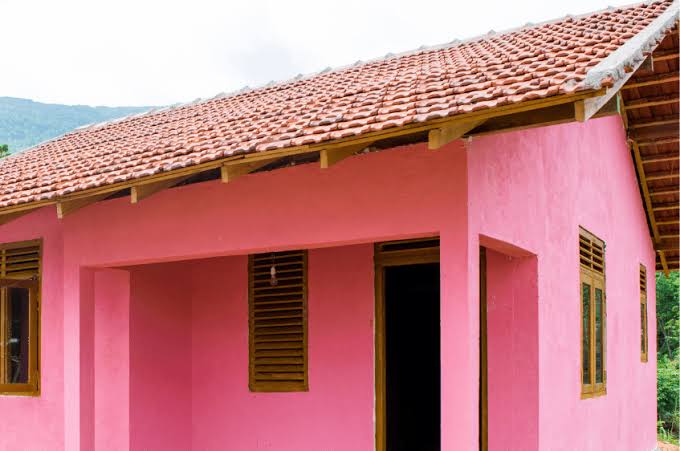Bidding process is important for securing new projects in USA construction industry. Understanding best practices for bidding can significantly impact your success rate for general contractors, remodelers, subcontractors or homebuilders. Understanding best practices for bidding can significantly impact success rate of any construction business.
Understanding Bidding Process
Bidding process starts when a project owner announces a construction project and invites contractors to submit bid proposals. Bid proposal includes an estimate of total costs and a detailed plan for completing specific construction project. Bidder/contractors offer a competitive bid that includes project’s requirements with detail of profit margins, taxes and insurance.
Best Practices for Bidding on Construction Projects
Thoroughly Review Project Documents:
Before preparing a bid it’s essential to carefully review all project documents including blueprints specifications and any addenda. Understanding project’s scope and requirements ensures that your bid is accurate and comprehensive.
Conduct a Site Visit:
Whenever possible visit project site. A site visit allows contractors to assess site conditions identify potential challenges and gar information that may not be included in project documents and plan. This firsthand knowledge can help refine your estimate and avoid unexpected costs.
Use Accurate Takeoff Estimating Services:
Accurate material quantification is critical for a competitive bid. Takeoff estimating services provide precise measurements of materials needed for a project. se services help ensure that your bid reflects correct quantities and costs of materials reducing risk of underestimating or overestimating.
Leverage Construction Estimating Services:
Construction estimating services offer expertise in calculating labor, equipment and material costs. Estimating services can provide a detailed and accurate takeoffs helping you submit a competitive and realistic bid. For contractors in USA construction industry leveraging se services can lead to more successful bids and better project outcomes.
Consider Labor and Equipment Costs:
Accurately estimating labor and equipment costs is essential. This estimating step involves understanding project’s labor requirements including unit man hours. Equipment costs should also be calculated based on project’s needs and rental or purchase costs of required machinery.
Account for Overhead and Profit Margins:
When preparing your bid include overhead costs such as office expenses insurance and permits. Additionally factor in a reasonable profit margin. Balancing competitiveness with profitability is key to a successful bid.
Identify and Mitigate Risks:
Construction project has many types of inherent risks. Identifying these potential risks including delay in supply chain disruptions or unforeseen site conditions. Including contingencies in a bid can protect contractors from unexpected costs and delay, which is a part of developing a risk management plan.
Ensure Compliance with Regulations:
Ensure that your bid complies with all relevant local state and federal regulations. This includes understanding zoning laws building codes and environmental regulations. Compliance ensures that your bid is credible and reduces risk of legal issues during project.
Develop a Detailed Project Schedule:
A detailed project schedule outlines timeline for each phase of project. Including a project schedule in your bid demonstrates your planning capabilities and helps project owner understand your approach to timely project completion.
Communicate Clearly and Professionally
Clear and professional communication is vital throughout bidding process. Ensure that your bid documents are well-organized clearly written and free of errors. Professionalism in your presentation can enhance your credibility and make a positive impression on project owner.
Build Strong Relationships:
Building strong relationships with project owners architects and or stakeholders can improve your chances of winning bids. Networking and maintaining positive relationships can lead to repeat business and referrals increasing your opportunities for future projects.
Review and Learn from Past Bids:
After submitting a job bid, take time to review outcome where you win or lose a project. Analyze what worked and what didn’t to improve future bidding strategies which helps to secure more project jobs.
Role of Professional Estimating Services
Takeoff estimates involve detailed measurement of materials required for a construction project. se services ensure that your bid reflects accurate material quantities reducing risk of underestimation or overestimation. Precise material lists takeoffs are important for creating a competitive bid to in a job and managing project costs effectively during execution stage.
Construction estimating services includes a range of cost and material calculations including labor expenses, equipment needed, wastage and other overhead costs. Hiring a construction estimating company can help contractors submit precise and realistic bids enhancing their competitiveness in market.
Conclusion
Bidding on construction projects in USA requires a strategic approach and attention to detail. By following best practices such as thoroughly reviewing project documents conducting site visits using accurate takeoff estimating services and leveraging construction estimating services contractors can improve ir chances of winning bids.
Additionally considering labor and equipment costs accounting for overhead and profit margins and ensuring compliance with regulations are crucial steps in bidding process. Clear communication building strong relationships and learning from past bids can furr enhance your bidding strategy.



